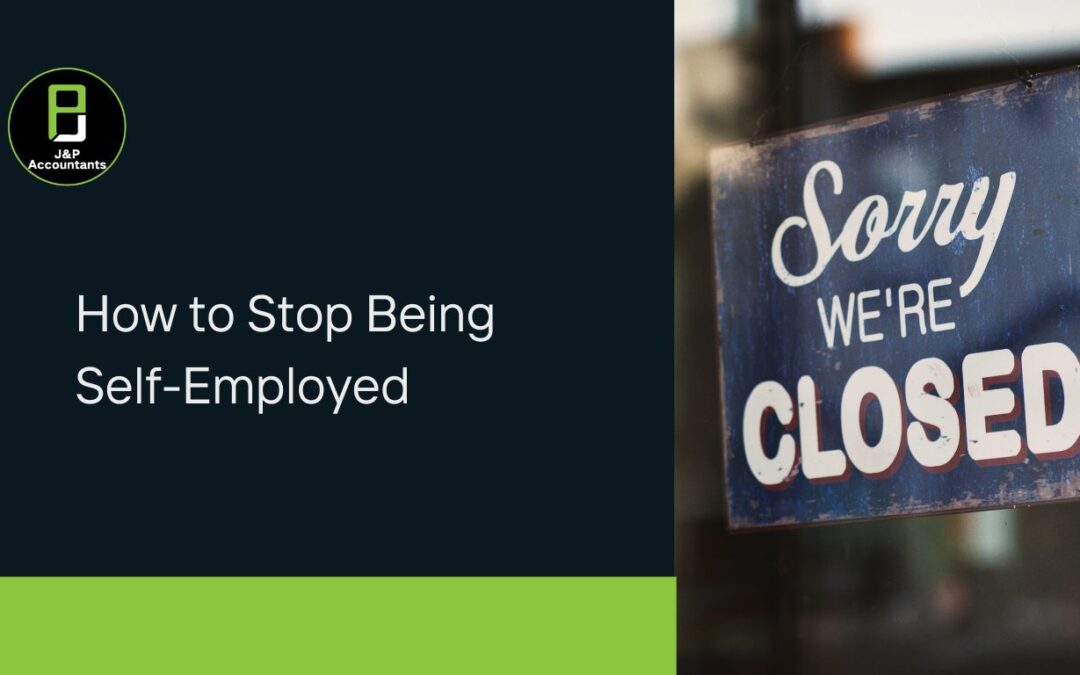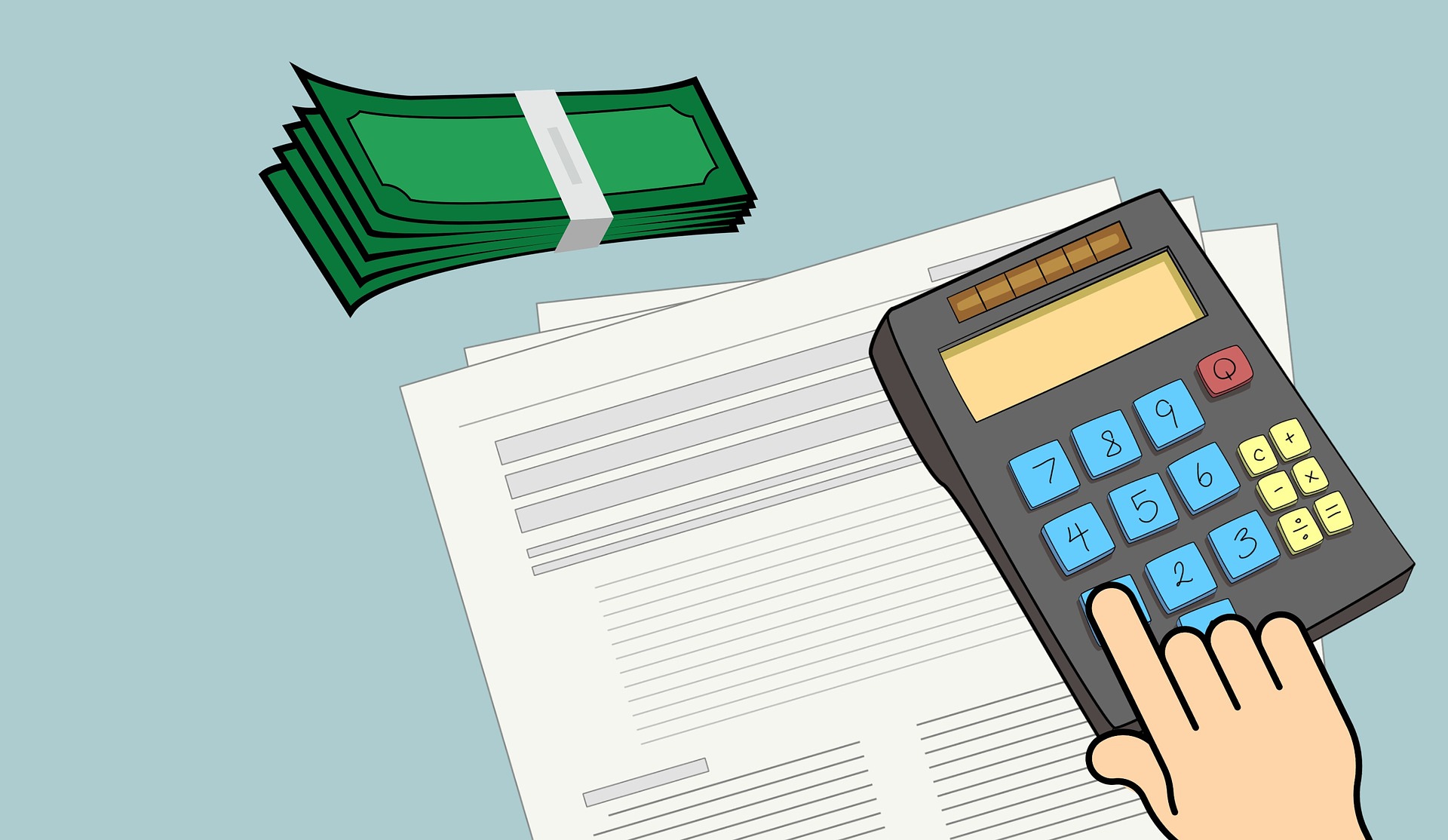If you are planning to stop being self-employed in the near future, there are several key steps you need to take before making this important decision.
Closing a business that has been operating for many years is not easy, but following the steps outlined below can help ensure a smooth process.
Proper planning and seeking professional support can help you navigate this transitional period and lay a solid foundation for your future endeavors.
Notify HMRC
If you decide to cease trading as a sole trader or exit a business partnership, you need to notify Her Majesty’s Revenue and Customs (HMRC) first.
Typically, you need to visit the HMRC official website and inform them through the Government Gateway registration or website login.
If you’re unsure about the process, you can seek assistance from an accounting team.
This step is crucial and will also help the tax authorities understand your situation for a proper closure of the business.
Tax Returns
If you are a sole trader and you want to close your existing business or exit a business partnership, you need to submit a self-assessment tax return within the specified timeframe.
The deadlines for submitting tax returns can vary significantly, and you may need to determine the appropriate deadline based on your specific circumstances.
For example, the submission deadlines for online and paper tax returns are entirely different.
If you delay the submission of your tax return due to a misunderstanding, you may be subject to penalties and other consequences.
Completing the Tax Return
When filling out your tax return, you need to account for the following data:
- Calculate your income.
- Account for expenses associated with closing the business, which may include communication, internet, and mailing costs.
- Calculate capital allowances, including costs incurred from selling office equipment.
- Verify if any capital gains tax is applicable for assets sold.
- Calculate your final profit or loss.
If you need assistance with the tax return, you can consult our accounting team.
Other Considerations
In addition to notifying HMRC about the impending closure of your business and completing and submitting the final tax return, you may need to make the following decisions based on your specific circumstances:
- Tax reliefs: Find out if there are any overlapping reliefs or terminal loss reliefs available to reduce your final tax liability.
- VAT registration: If you or your business partnership is registered for VAT, you need to cancel the VAT registration.
- Final payroll report: If you stop employing staff, you need to close the PAYE scheme and submit a final payroll report to HMRC.
- Insolvency: If you have outstanding debts before closing the company, you need to address the debts and fulfill the repayment obligations.
Our team consists of accountants from different time zones and countries, available around the clock to meet your personalized needs.
If you have any further questions, please fill out the form below to contact our accounting team for assistance.



